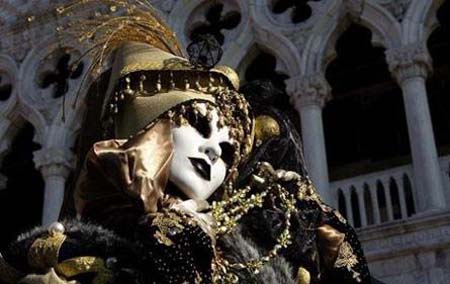(Ecns.cn)--With their inverted triangle faces, flawless skin and absurdly thin figures, photos of Chinese girls uploaded to the Internet often make them look like dead ringers for one another.
As "shai culture," or "shai zhaopian" (displaying photos on the Internet), increases in popularity, people are doing more and more to represent themselves favorably online, even if it means resorting to outright fakery.
Thanks to Adobe Photoshop (PS), a graphics editing program developed and published by Adobe Systems Incorporated, it has become much more common for heavily manipulated photos to appear online.
An aesthetic distortion
According to recent research by China Youth Daily and an online media company, about 84.5 percent of 1,474 web users thought that over-embellished photos on the Internet were common.
About 58.4 percent admitted that they often use PS to modify pictures, and 33.3 percent confirmed that they had made big adjustments to photos.
Previously, only magazines and advertisements used photo processing for commercial purposes, such as making models appear more flawless.
But now such tampering has become pervasive throughout society, and some complain that the spread of cosmetically-enhanced pictures has overtaken the online world.
Because Chinese society's notions of beauty emphasize triangular faces, flawless white skin and thin figures, the surge of home-made photos copying such "perfection" has gotten out of control.
"I have been tricked many times by touched up photos before going on blind dates with girls through matchmaking agencies," said a man in Beijing who was angry about the phenomenon.
"It is true that the first impression is important, but the false impression made me feel uncomfortable about some of the girls I dated," added the man.
"The common aesthetic standard makes the phenomenon worse. We need to accept a more diverse perspective of beauty," said 45.8 percent of those queried by China Youth Daily. In addition, uploading false pictures is not covered by law, even though it is sometimes used to mislead for reasons of profit.
To a certain degree, it is understandable for people to beautify their photos. But seeking to match the illusions "created" by the magazines distorts the country's standards of beauty, said Zhao Shilin, a professor at Minzu University of China.


















